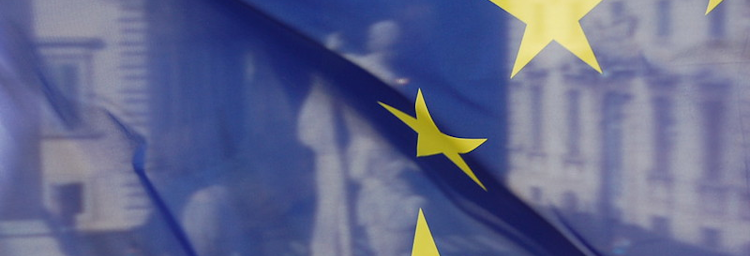Last night I watched a video about Canada raising a large toll on lorries travelling from the Lower 48 to Alaska, and it documents and forecast the impact on the fragile Alaskan economy. It reminded me of the trade barriers that the UK has put in place due to Brexit. This is potentially disastrous for Alaska, and is clearly so for the UK where today the FT reports that according to the ONS, the UK economy shrank for the second quarter in a row.
The trade to GDP rate in the UK is 63%, which seems enormous to me, but it seems to be merely above average and yet it illustrates the UK’s dependency on the rest of the world to feed itself and keep itself warm and sheltered. The US rate is 25% which is low by international comparison and may be one of the reasons that Trump can afford to be as foolish as he is with his tariff policies, noting that it’s the US consumers who ultimately pay his tariffs. Source: World Bank.

But for the UK, this is another piece of evidence that the UK needs to rejoin the EU’s single market, but even if this common sense actually strikes this Labour government, I doubt that the Eire/Holland/France traffic will return to the UK. …

